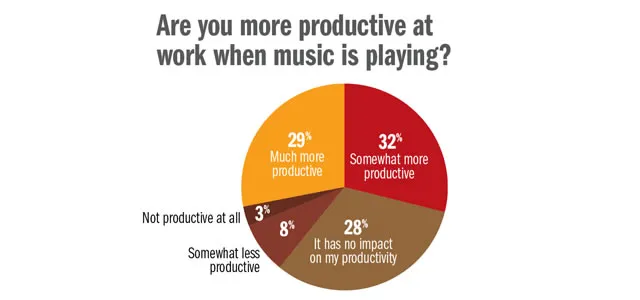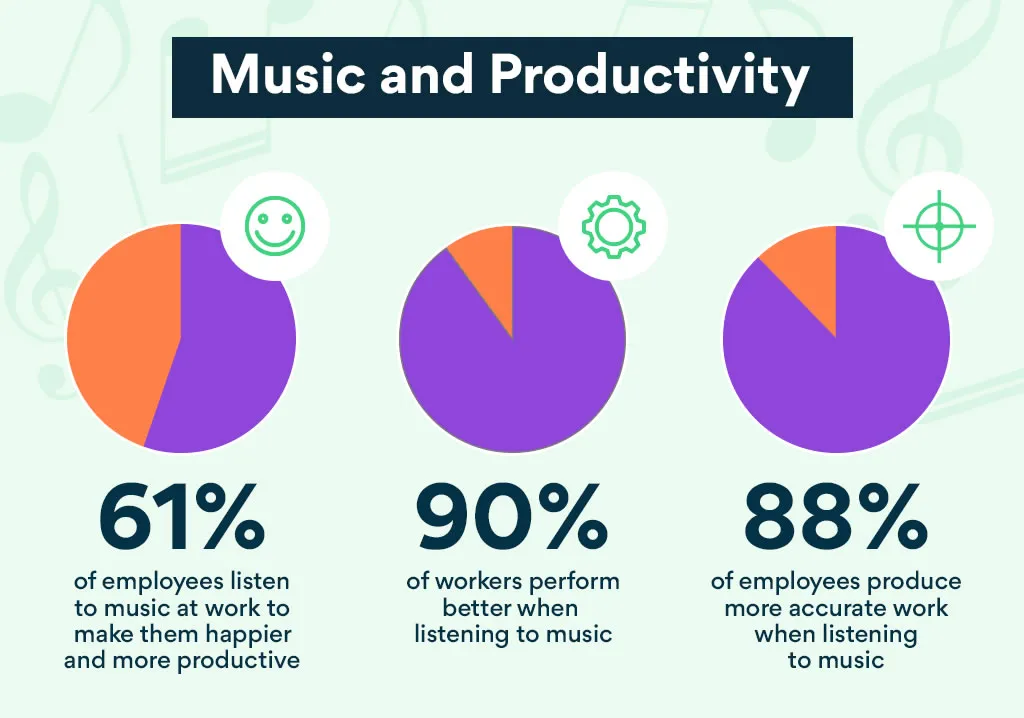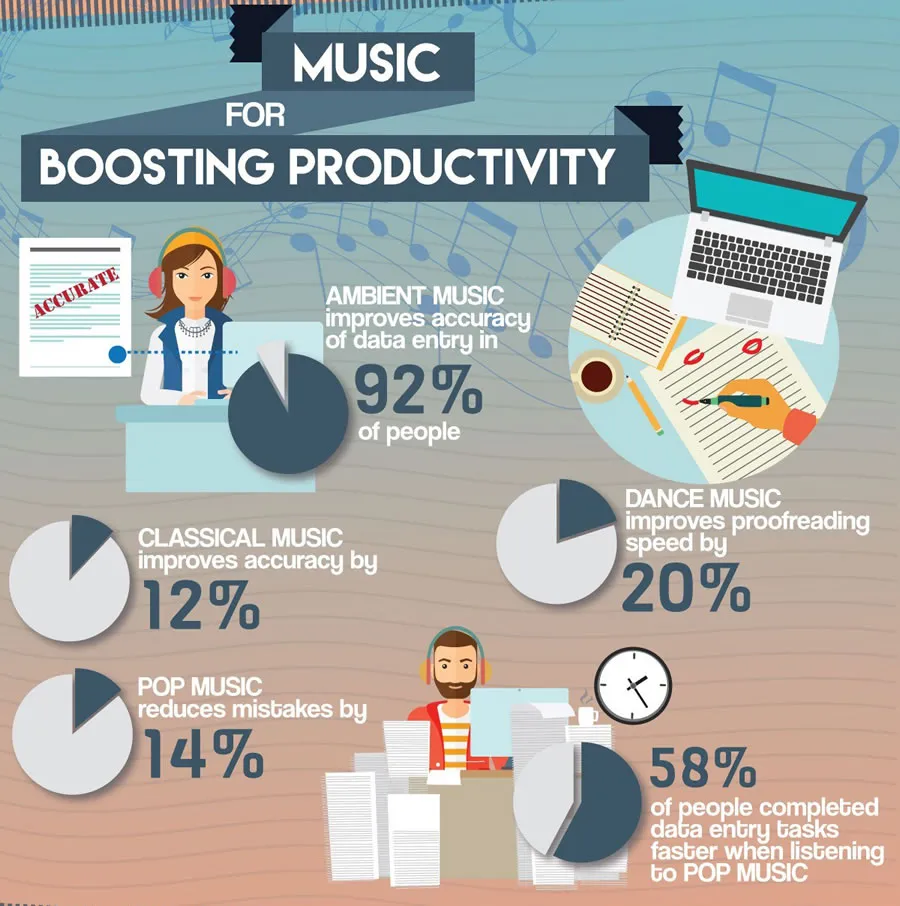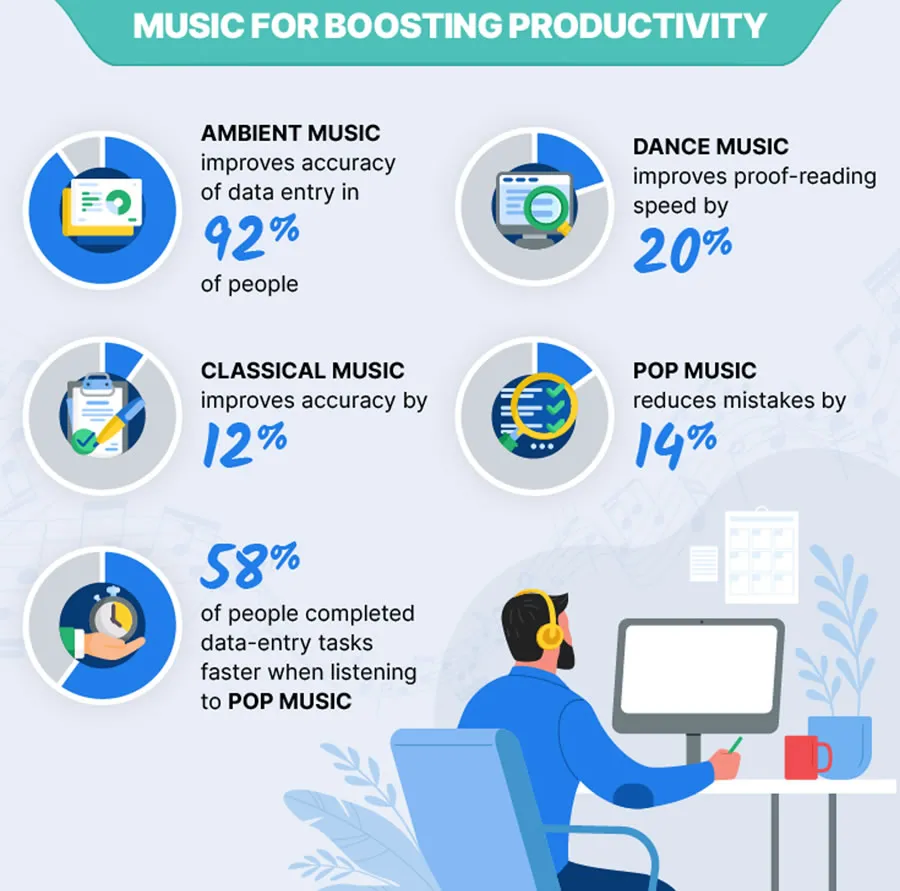
Why We Are Addicted to Music
Music helps us get through the workday. We turn to our favorite songs in times of need, when we feel down and need something to lift our spirits. Or when we're happy and want to stay that way for longer.
Neuroscientist and musician Jamshed Bharucha has discovered that there is something primal about our love of music. Specifically, he found that creative fields, including music, allow people to simultaneously connect, help them manifest group identity, and work together more productively.
A recent study of preschool children developed this idea. The children were paired up and assigned to two groups. While some sang songs together, others just walked around. Then, each pair was given a toy trumpet with glass balls inside. The trumpet was designed only to reach the balls if two people lifted it.
By observing the behavior of the pairs, the researchers found that the children who sang together were more cooperative and helped each other. This led to the following conclusion.

For Simple Tasks, Choose Music That You Have Heard Before
Scientists have shown that a person's ability to perceive images, letters, and numbers is enhanced when classical or rock music plays in the background, compared to when there is no music.
Another study found similar results: workers on an assembly line felt happier, were more efficient, and made fewer mistakes when they listened to music.
Productivity increases while listening to music if the task is perceived as superficial or monotonous (for example, if you have to answer incoming emails). So, when it comes to bland or tedious tasks, put on something to listen to, and you'll finish them faster.

When Studying, Listen to Songs Without Lyrics
Classical and instrumental music is more suitable for thoughtful, intellectually demanding work. It has a more substantial effect on the mind than songs with lyrics.
If the task is particularly difficult, eliminating all external stimuli (including music) is the best solution. Even unnoticeable music in the background can decrease attention span. The brain spends more resources processing both the task and the music simultaneously, so productivity drops.

Favorite Songs - While Doing What You Love to Do
Music's magic comes out when you are good at what you do.
A study published in the Journal of the American Medical Association found that surgeons were more accurate when their favorite music played in the background.
But you don't have to be a medical professional to experience the benefits of good music. For example, writer Stephen King prefers to listen to Metallica and Anthrax while writing his works.

Look for Your Comfort Zone for Creative Work
Scientists suggest favoring songs with 50-80 beats per minute when you need to concentrate.
Dr Emma Gray researched the benefits of specific types of music for Spotify. In particular, she found that a musical tempo between 50 and 80 beats per minute affects the alpha rhythms in the brain. The person becomes calm, ready to work, and able to concentrate easily.
Alpha waves are also associated with the moment of insight - the sudden realization of how to solve a problem when you are relaxed (the most famous example of insight is Archimedes and his ‘Eureka!’).
































